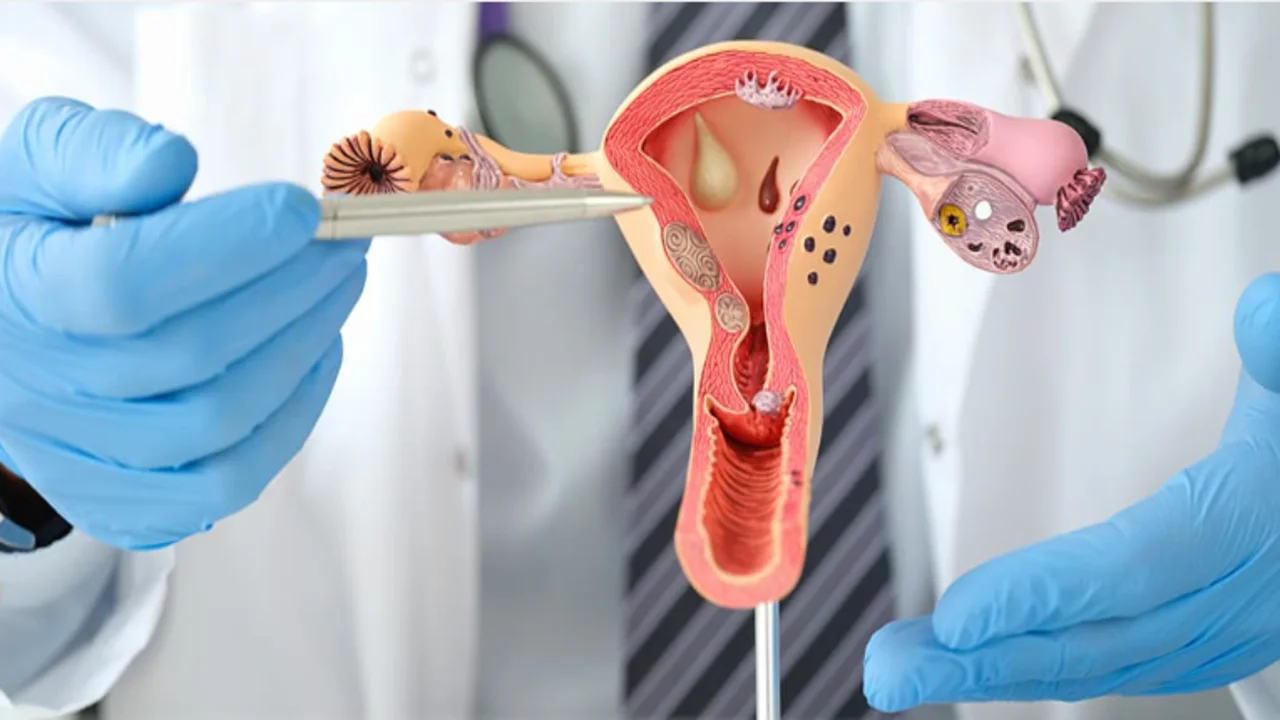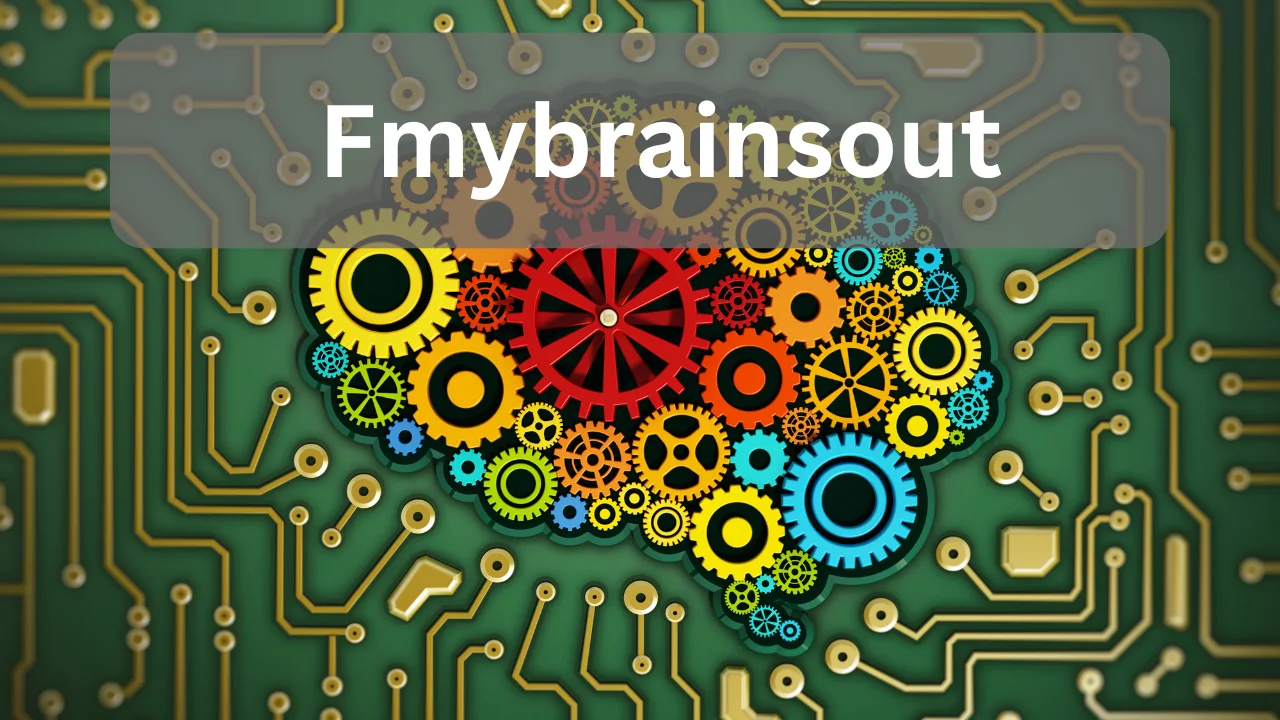Fertility issues can be a difficult journey for many women. One common concern involves blocked fallopian tubes, which play a critical role in conception. When these tubes are obstructed, it can prevent eggs from reaching the uterus. Understanding how this condition affects pregnancy is essential to exploring treatment options.
When discussing fertility challenges, it’s essential to recognize blocked fallopian tubes symptoms when identifying the problem. These symptoms often go unnoticed until a woman has trouble conceiving. However, with the proper medical guidance and treatment, many women with this condition can still achieve pregnancy.
How Do They Affect Pregnancy?
When they are jammed, sperm cannot reach the egg. This shapes natural conception extremely difficult or even impossible. The severity of the blockage will dictate the extent of the fertility issue.
Some women may have one blocked tube, allowing for reduced fertility, while others might have both tubes jammed, which can ultimately prevent pregnancy. In cases where one tube is open, pregnancy is still possible but may take longer. However, if both are blocked, alternative methods like assisted reproductive technologies may be necessary to conceive.
Causes of Blocked Fallopian Tubes
Several factors can lead to blocked tubes.
- Pelvic inflammatory disease (PID) is a common cause of blocked fallopian tubes.
- PID results from untreated infections, leading to scarring in them.
- Endometriosis, where uterine-like tissue grows outside the uterus, can cause blockages.
- Past surgeries involving the fallopian tubes may contribute to blockages.
- Ectopic pregnancies can also result in impeding them.
- Certain sexually transmitted infections are another potential cause.
Identifying the core cause is crucial for determining the best treatment approach. Early diagnosis and proper treatment can significantly improve the chances of restoring fertility and achieving pregnancy.
Recognizing Symptoms of Blocked Fallopian Tubes
Blocked fallopian tubes often don’t show any obvious symptoms until a woman encounters challenges with conception. However, in some cases, women may experience subtle signs. Symptoms can include mild to severe pelvic pain, which may worsen around the time of menstruation and irregular menstrual cycles.
Painful intercourse and unusual vaginal discharge could also indicate underlying issues. While these symptoms alone don’t confirm blocked tubes, they can point to potential complications. Early consultation with a healthcare provider is essential for timely diagnosis and intervention.
Diagnosing Symptomps Blocked Fallopian Tubes
Diagnosing a blocked fallopian typically involves specialized tests. A standard procedure is hysterosalpingography (HSG), which uses X-rays to examine the tubes. During this test, a dye is injected into the uterus to check if it flows freely. If the dye is obstructed, it indicates an obstruction. This minimally invasive surgery allows doctors to visually examine the reproductive organs and identify any blockages or abnormalities.
Treatment Options for Blocked Fallopian Tubes
The treatment for blocked fallopian depends on the severity and cause of the blockage. If only one tube is affected, surgery may sometimes help clear the obstruction. Keyhole surgery, known as laparoscopy, is often used to remove scar tissue, reduce inflammation, and improve the chances of natural conception. If surgery is not an option, or if both are severely obstructed, assisted reproductive techniques like in vitro fertilization (IVF) may be recommended. IVF bypasses them by fertilizing eggs outside the body and then implanting the embryo directly into the uterus.
Can You Still Get Pregnant?
Yes, pregnancy is still possible with clogged fallopian tubes. The chances depend on the severity of the blockage and the chosen treatment method. Women with one open tube may conceive naturally, although it may take longer. For women with both tubes blocked, IVF remains a highly successful option. With timely medical intervention and the proper support, many women can still achieve their dream of starting a family.
Women experiencing blocked fallopian tube symptoms should not lose hope. While this condition can complicate natural conception, several effective treatment options are available. By consulting with fertility specialists and exploring medical interventions like surgery or IVF, many women can still achieve their dream of becoming mothers.

Stephen Norman is a skilled and accomplished writer known for his versatility across numerous niches. He consistently delivers insightful and engaging content in various fields. Stephen’s extensive experience and profound expertise make him a highly sought-after author in the digital writing sphere.









